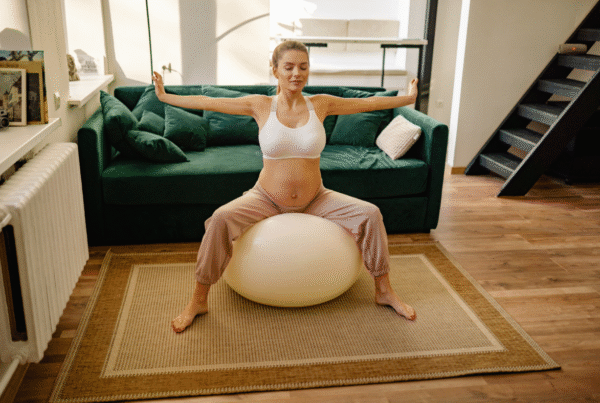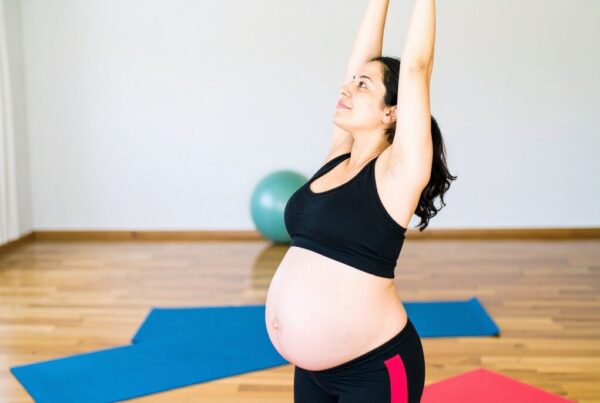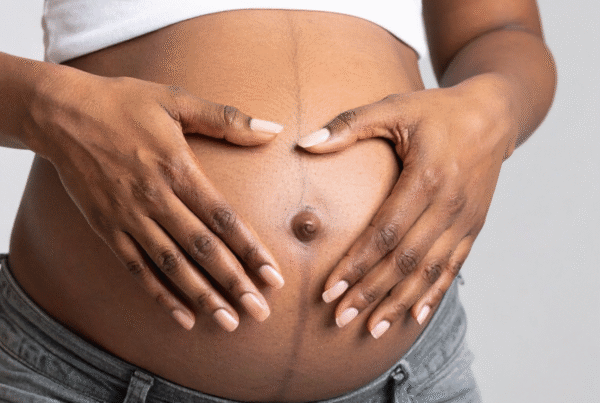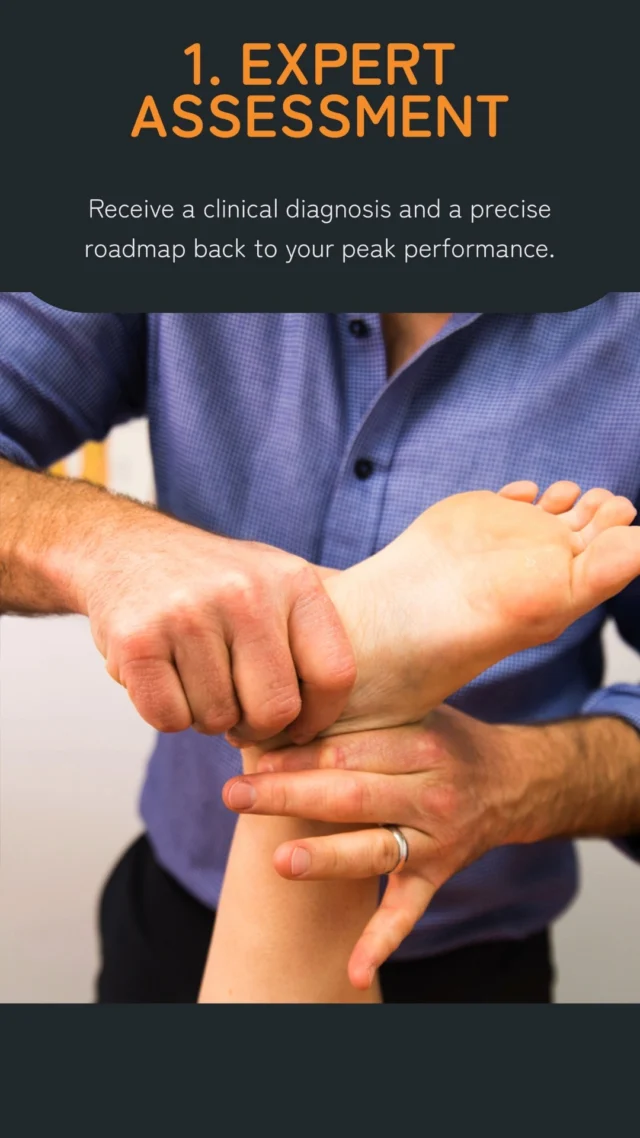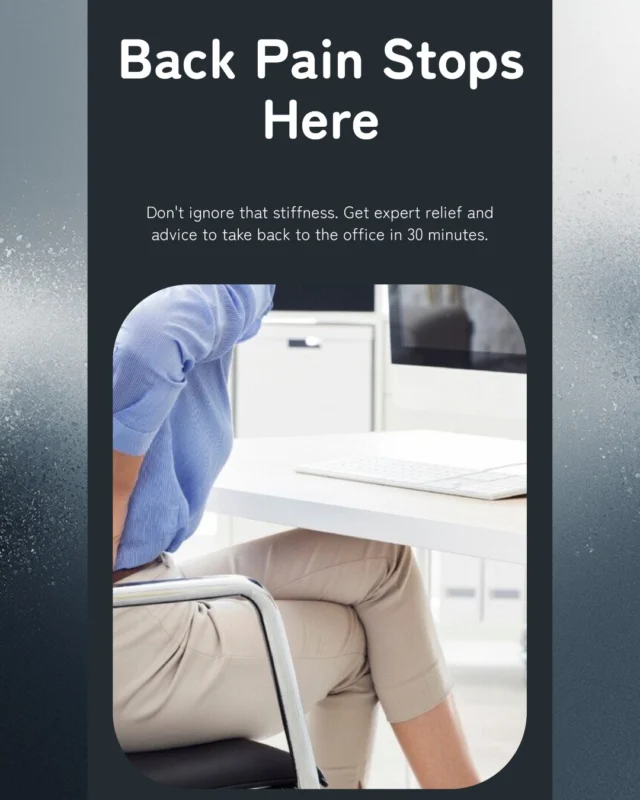Diastasis Recti (DR) is the separation of the abdominal muscles and is usually associated with pregnancy. It is a functional and natural process that allows the body to grow and adapt to the increasing size of a baby. Although, studies estimate 90% of women will experience some degree of abdominal separation during pregnancy, it is also one of the most common points of concern for new mothers. Specifically, how wide their diastasis is and how they can improve it.
One particular question new mothers ask is when they can start exercise and which ones to do. We know that core strength is a key aspect for treating post-partum back pain, reducing diastasis and strengthening the body. However, there are some mixed messages for new mothers to also avoid heavy lifting and doing sit ups. So, what is right?
The answer depends on the individual. Exercises such as sit ups or squatting will increase intra-abdominal pressure and traditionally has been seen as detrimental for people with DR. This is because the pressure from the exercise will follow the path of least resistance and move downward or out. Normally our muscles and fascia can meet that force but new mothers have just made a lot of space for the baby creating more give in the fascial system.
Although abdominal exercises like crunches stimulate rectus muscles to draw together they also increase pressure on the pelvic floor which can lead to other complications like prolapse. So, we don’t want to focus solely on abdominal muscles to treat DR without strengthening the pelvic floor to meet that pressure.
The key is balance. The pelvic floor should activate first when we engage our abdominal muscles, as the abdominal muscles contract they help create tension for max pelvic floor contraction. There are many core exercises new mothers can be doing to treat their DR but before we start abdominal crunches and squats it is best to be assessed by a Women’s Health Physiotherapist who can guide you through the process for strong pelvic floor and core strength.
At Bend + Mend Martin Place our Women’s Health Physio, Meredith is available to assess and guide you on the best management for your post-natal recovery.
